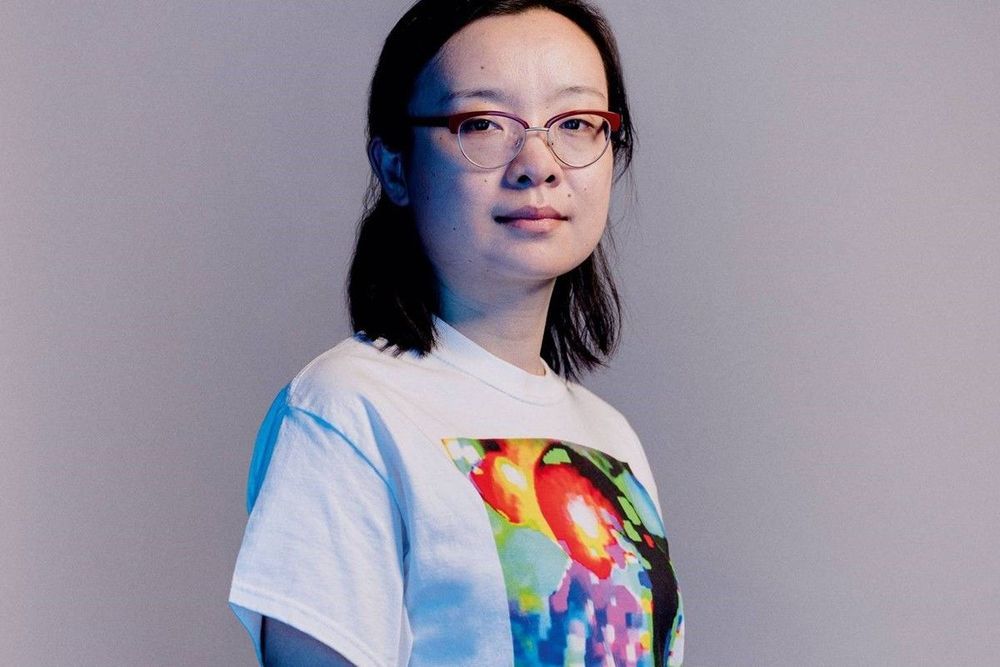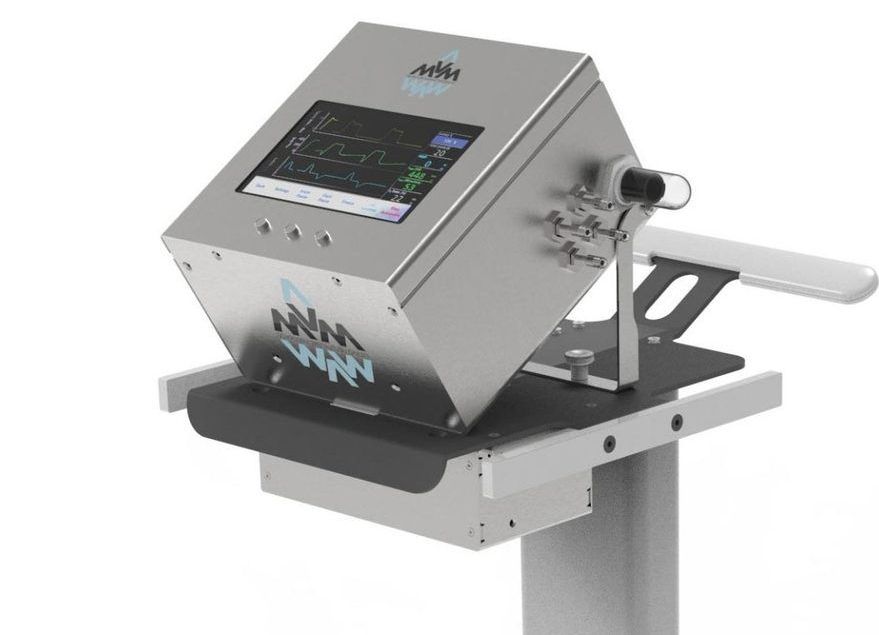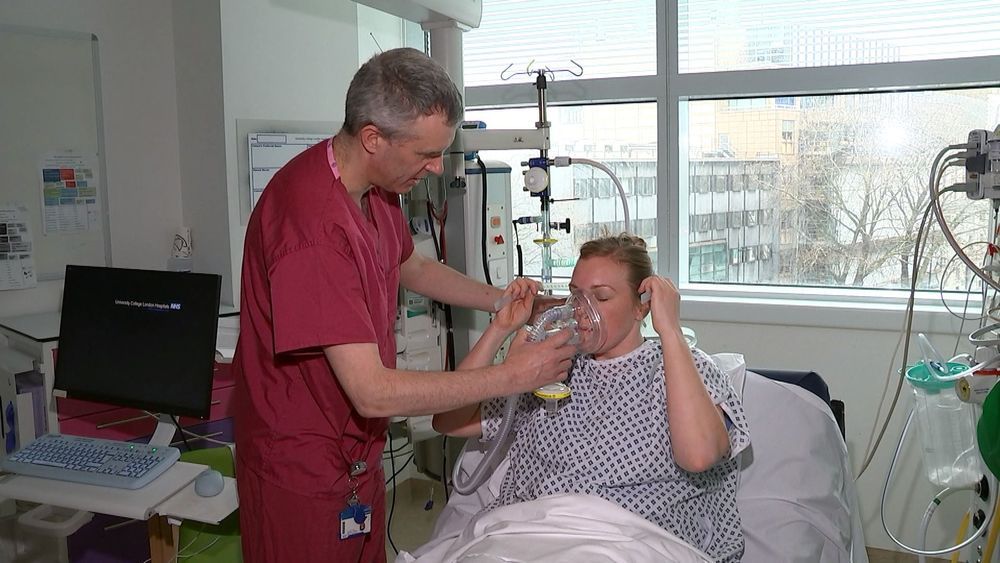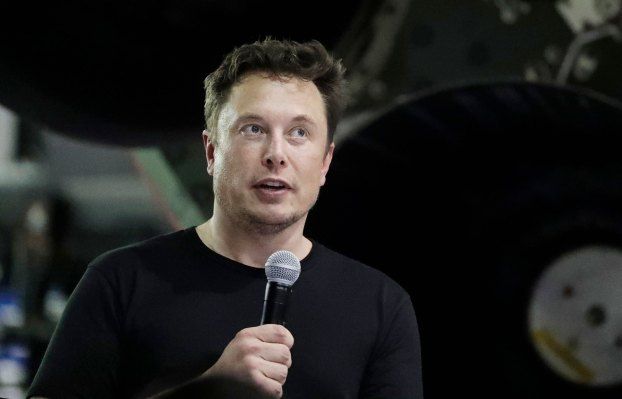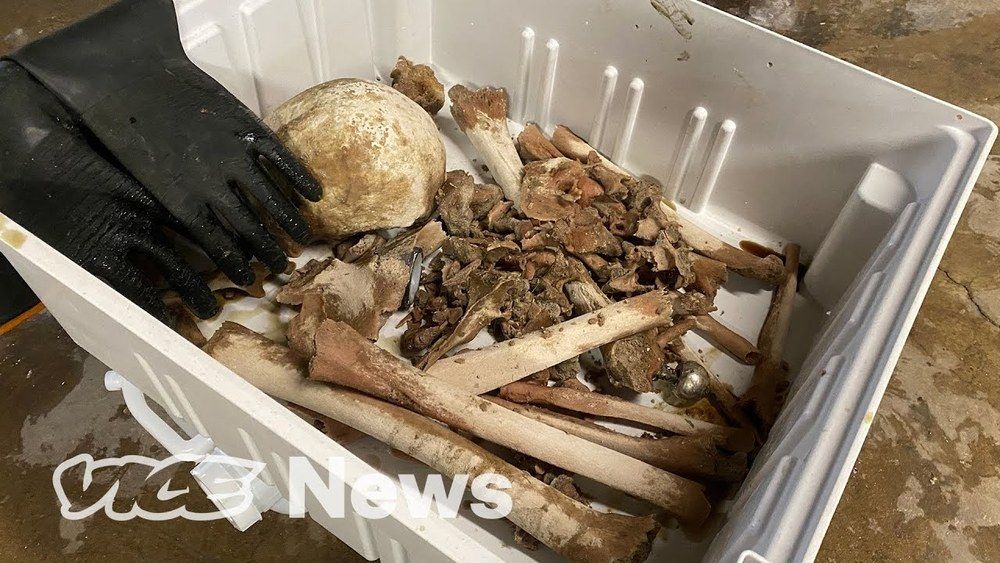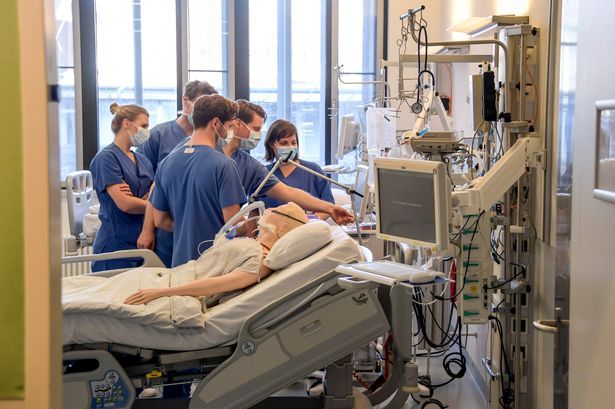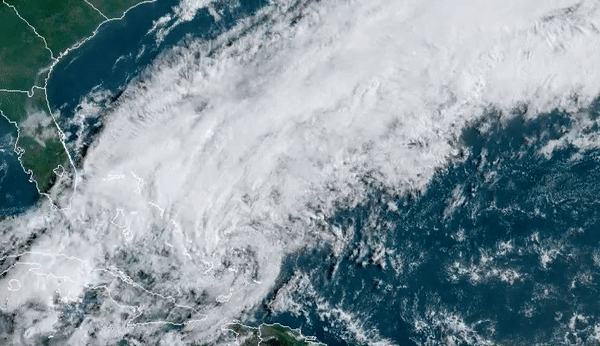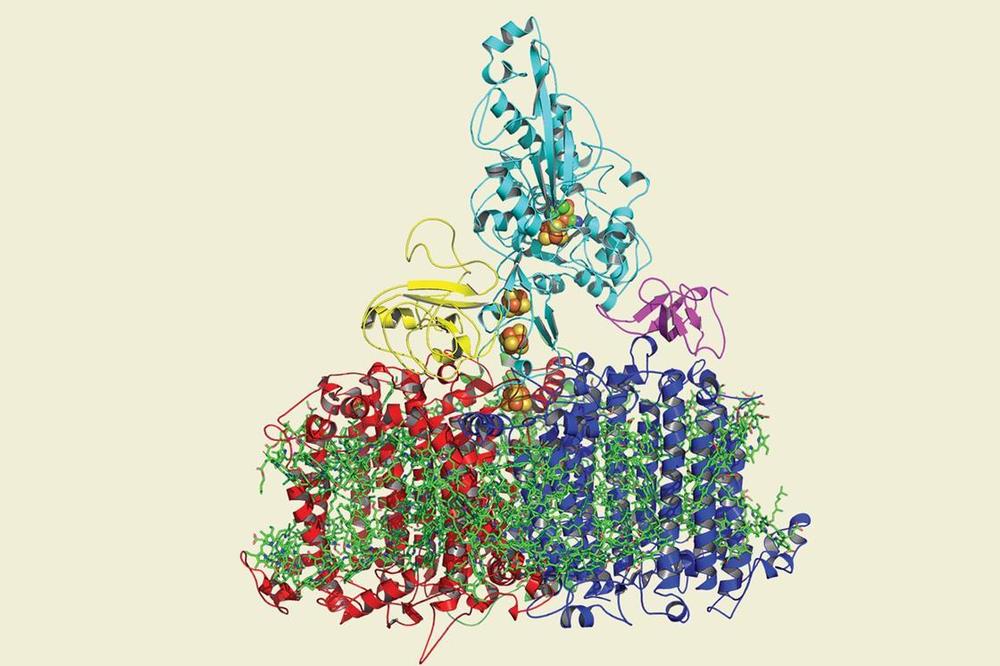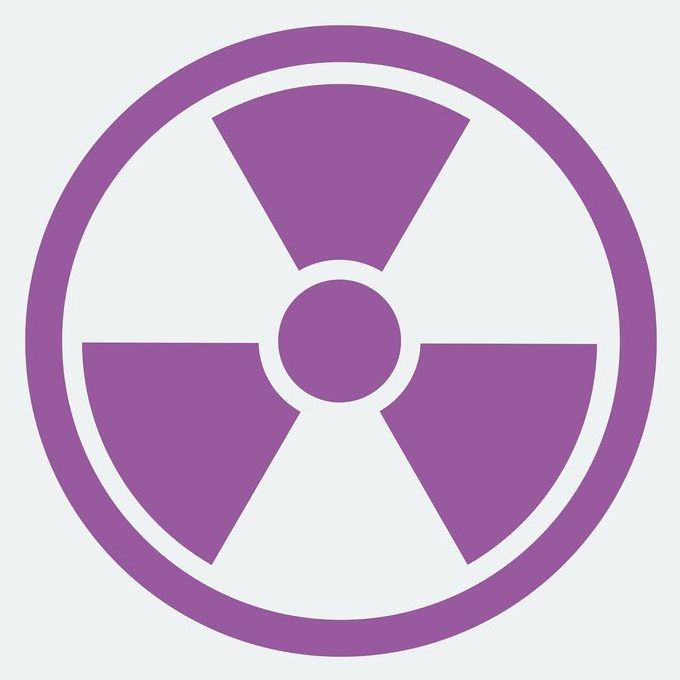Researchers at Northwestern University have developed a garment designed to confuse digital surveillance algorithms into thinking you don’t exist.
In a little over a month, a team of physicists and engineers from around the world took a simplified ventilator design from concept all the way through approval by the U.S. Food and Drug Administration. This major milestone marks the ventilator as safe for use in the United States under the FDA’s Emergency Use Authorization, which helps support public health during a crisis.
The Mechanical Ventilator Milano, or MVM, is the brainchild of physicist Cristiano Galbiati. The Gran Sasso Science Institute and Princeton University professor, who normally leads a dark matter experiment in Italy called DarkSide-20k, found himself in lockdown in Milan, a city hit hard by COVID-19. Hearing reports of ventilator shortages and wanting to help, Galbiati reached out to fellow researchers to develop a ventilator with minimal components that could be quickly produced using commonly available parts.
“The sense of crisis was palpable, and I knew the availability of ventilators was critical,” said Galbiati, who obtained his Ph.D from the University of Milan. “We had been doing some complicated projects in physics that required working with gases, and I thought it our duty to find a way to push oxygen into the lungs of patients.”
What can you say Eric Klien.
The Vatican announced its plan for an ethical approach to AI development, arguing for things like transparency, inclusion, impartiality, and privacy.
Brackley-based Mercedes has put aside traditional rivalries and joined forces with other F1 teams like Milton Keynes’ Red Bull and manufacturers — to produce a breathing aid called a CPAP that can help keep infected patients out of intensive care.
The device gets oxygen to the lungs without needing invasive treatment.
Watch Rebecca Haworth’s report.
Tesla CEO Elon Musk said Monday that the company’s factory in Fremont, California is open and has restarted production despite a stay-at-home order issued by Alameda County.
Musk said in tweet Monday afternoon that he will “be on the line,” a reference to the assembly line at the factory where Tesla makes the Model X, Model S, Model 3 and Model Y. He added “if anyone is arrested, I ask that it only be me.”
Tesla is restarting production today against Alameda County rules. I will be on the line with everyone else. If anyone is arrested, I ask that it only be me.
Within the last few years, some funeral directors have invested in more eco-friendly alternatives to traditional burials and flame cremations. One of these methods is a process known as Alkaline Hydrolysis, or water cremation.
Check out VICE News for more: http://vicenews.com
Follow VICE News here:
: https://www.facebook.com/vicenews
: https://twitter.com/vicenews
Tumblr: http://vicenews.tumblr.com/
Instagram: http://instagram.com/vicenews
More videos from the VICE network: https://www.fb.com/vicevideo
#VICENews #News
A “cutting edge” alternative ventilator for coronavirus patients has been developed by a taskforce. The ‘exovent’ is a reinvention of the traditional iron lung, which saved the lives of countless polio victims during the 20th century.
Unlike the usual ventilators, which are positive pressure ventilators (PPV), the exovent is a non-invasive negative pressure ventilation (NPV) device, which could be used both in intensive care or on an ordinary hospital ward.
www.cambridge-news.co.uk/…/cambridge-coronavirus-ventillato…
Developed by a task force including Cambridge-based Marshall Aerospace and Defence Group, it can be manufactured in parallel with other ventilator designs.
AccuWeather forecasters are tracking an emerging weather system that could result in multiple outcomes — one of which could be an early-season tropical storm.
Gene transplant repositions algal hydrogenase so that it directly captures electrons from photosystem I.
A new study from researchers at North Carolina State University suggests that a material consisting of a polymer compound embedded with bismuth trioxide particles holds tremendous potential for replacing conventional radiation shielding materials, such as lead.
The bismuth trioxide compound is lightweight, effective at shielding against ionizing radiation such as gamma rays, and can be manufactured quickly—making it a promising material for use in applications such as space exploration, medical imaging and radiation therapy.
“Traditional radiation shielding materials, like lead, are often expensive, heavy and toxic to human health and the environment,” says Ge Yang, an assistant professor of nuclear engineering at NC State and corresponding author of a paper on the work. “This proof-of-concept study shows that a bismuth trioxide compound could serve as effective radiation shielding, while mitigating the drawbacks associated with traditional shielding materials.”
